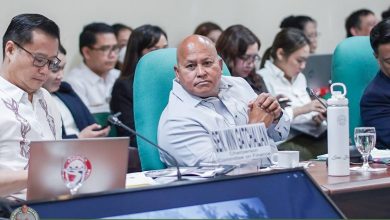Two male expats in Ras Al Khaimah are under trial for forging a government seal to falsify documents and tenancy contracts for residential and commercial units.
The Arab men denied the allegations upon their arrest. One claimed that he was only a worker in a roastery shop while the other claimed that he was overseas when the alleged crime happened.
Forgery is a change of the genuineness of a document by any of the means with the intent to defraud for the purpose of using it as a valid instrument, according to the Ministry of Interior’s official publication, 999 Magazine.
A material forgery is said to be carried out when a material change in the document is made by the forger that can be comprehended by sense such as eyes, whether it is addition, deletion or modification in the existing original document or by creating a new document.
The penalty for forging and using forged documents could be from one month to three years if it is non-official document and could reach up to five years if the forged document is official.
999 Magazine also listed various acts that are considered as means of forgery:
– Introducing a change into an existing instrument by addition, deletion or alteration, whether in writing, numbers, marks, or in photographs appearing therein.
– Putting a forged signature or seal, or alteration of a true signature, seal, or thumb-print.
– Obtaining, by means of surprise or fraud, a signature, seal or thumb-print of a person without his knowing the contents of the instrument or without validly giving consent thereto.
– Fabricating or counterfeiting an instrument and attributing it to a third party.
– Blank filling of a signed, sealed or thumb-printed paper without the consent of the person who signed, sealed or thumb-printed it.
– Disguising or substituting the identity of a person in an instrument made to verify its truth.
– Alteration of truth in an instrument made for verifying its contents.



